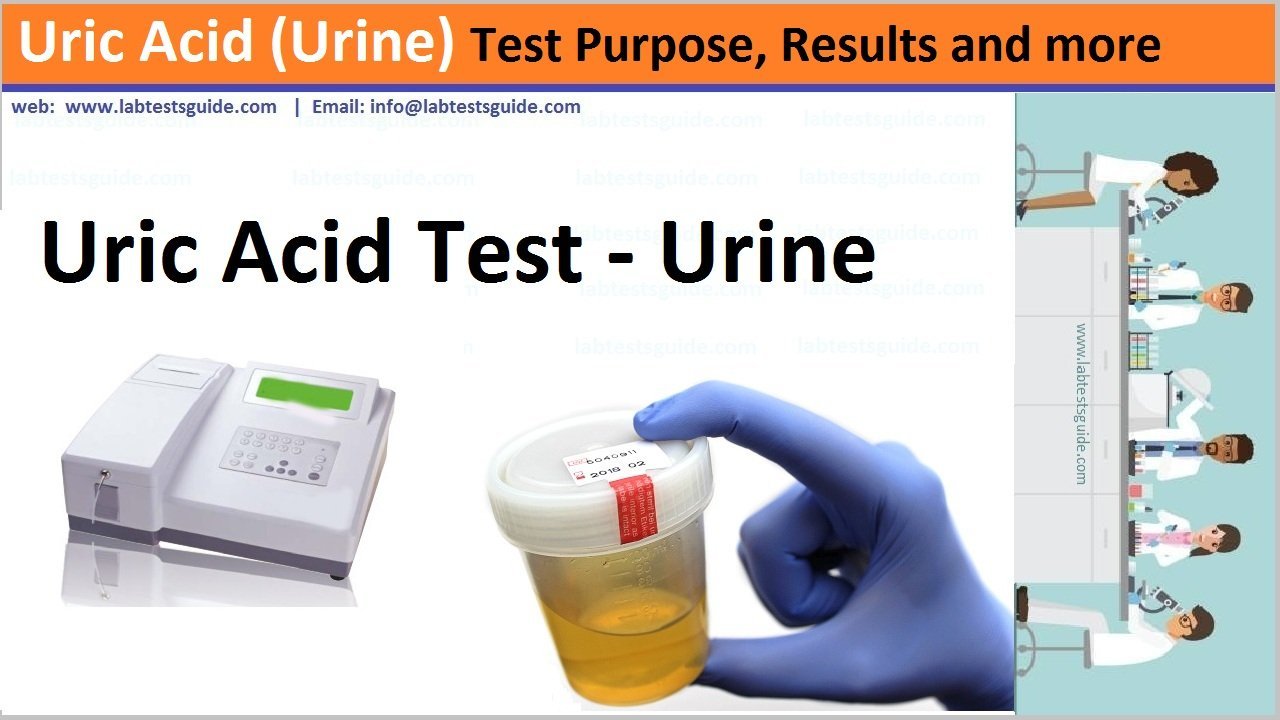
A serum creatinine test measures the level of creatinine in your blood and provides an estimate of how well your kidneys filter (glomerular filtration rate).

Also Known As: Creat, Blood Creatinine, Serum Creatinine,
Panel Tests: Urea, Blood Urea Nitrogen, Creatinine, Calcium, Phosphorus, Albumin, Magnesium, Total Protien, Electrolytes,
Why Get Tested:
- Creatinine level is done to assess kidney function.
- creatinine can be advised to see any effect of blood pressure or diabetes on the kidney.
- Creatinine is advised to monitor renal diseases.
- Creatinine may be measured in amniotic fluid to assess the gestational (fetal) age and (fetal-maturity index), and cephalosporins.
When To Get Tested?
- Routinely as part of a comprehensive metabolic panel (CMP) or basic metabolic panel (BMP) when you have a health exam
- When your have signs and symptoms that may be due to kidney disease or damage or when you have a condition that may affect your kidneys and/or be worsened by kidney dysfunction
- At intervals to monitor treatment for kidney disease or kidney function while on certain medications
Normal Values:
- Male = 0.3 to 1.0 mg/dl
- Female = 0.3 to 1.0 mg/dl
Increased creatinine level is seen in:
- Renal function impairment both acute and chronic diseases.
- Postrenal obstruction of urine.
- Decrease in the blood perfusion because of any reason.
- Gigantism and Acromegaly.
- Injury to the muscles (Rhabdomyolysis).
- Myasthenia gravis.
- Poliomyelitis.
- Muscular dystrophy.
- Dehydration due to loss of body fluids.
- May be seen in pregnancy during eclampsia and preeclampsia.
Decreased creatinine level is seen in:
- Old-age.
- Decreased muscle mass.
- Pregnancy especially in the first and second trimester.
- Advanced and severe liver disease.
- inadequate dietary intake.
- Pre-renal factors for raised serum creatinine are:
- Congestive heart failure.
- Shock.
- Salt and water depletion due to:
- Vomiting.
- Diarrhea.
- GIT fistulas.
- Increased use of diuretics.
- Uncontrolled diabetes mellitus.
- Diabetes insipidus.
- Excessive sweating (decreased salt intake).
- Renal factors for raised serum creatinine are:
- Damage to:
- Glomerulus.
- Tubules.
- Interstitial tissue.
- Blood vessels.
- Damage to:
- Post-renal factors for raised serum creatinine are:
- Benign prostatic hyperplasia.
- Neoplasia compressing the ureter.
- Calculi obstructing the ureter.
- Congenital abnormalities obstructing or compressing the ureter.
Interfering factors:
- Ascorbic acid can increase creatinine levels.
- A diet high in protein like meat can increase the level.
The critical value is >4.o mg/dL .
Related Articles:
RSS Error: https://www.labtestsguide.com/category/tests/feed is invalid XML, likely due to invalid characters. XML error: > required at line 490, column 16
RELATED POSTS
View all

